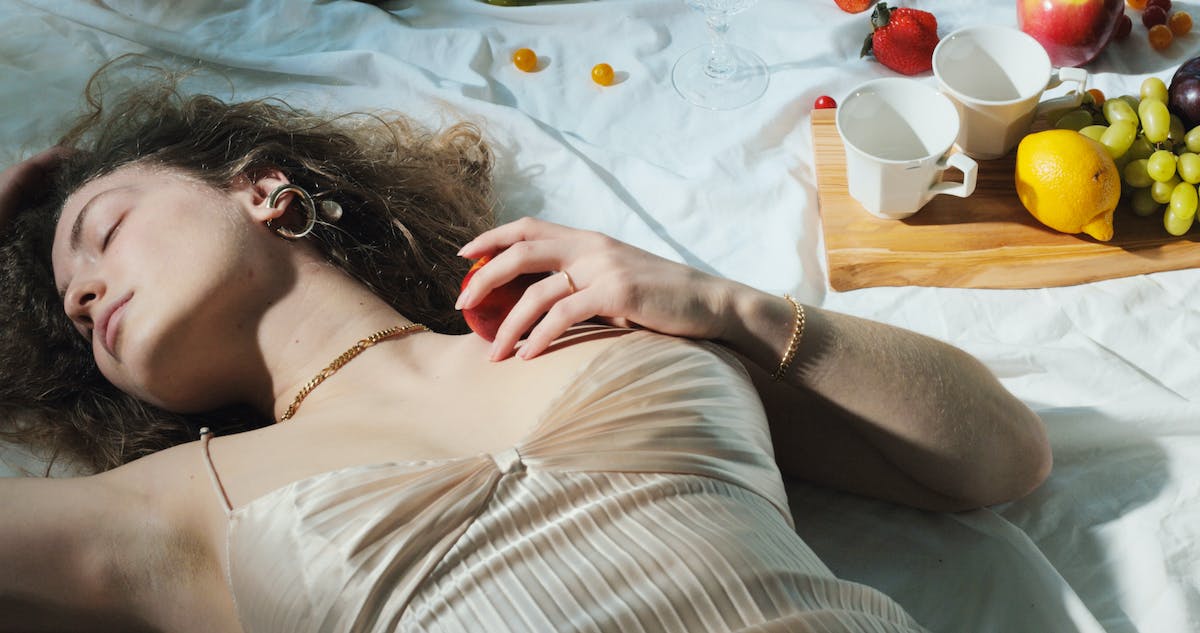Advertisement
Lifestyle
Is pain more intense during the night?

Do we feel pain more at night?
Understanding Pain Perception
Our bodies are complex, biological machines capable of many wonders, one of which is the ability to register pain. Pain is your body’s way of telling you something is wrong. It serves as a warning system, alerting you to injury or illness that might otherwise go unrecognized. This could technically happen at any hour of the day but some people have reported intense feelings of discomfort during the night.
Research studies have suggested varying theories about why some individuals seem to experience enhanced pain perception at night. One perspective is our biological clocks, also known as circadian rhythms, may influence our sensitivity to pain. Circadian rhythm is a natural, internal process that regulates the sleep-wake cycle and repeats approximately every 24 hours.
Another view involves the psychology of pain perception. The nighttime environment – quieter, darker, and more conducive to reflection and introspection – might amplify your personal awareness of pain. Without daytime distractions, you may be more tuned in to bodily sensations and less able to ignore or dismiss them.
Let’s imagine a case of someone dealing with arthritis. During the daytime, this person would be engaged in multiple activities that serve as distractions from the pain. However, at night when they’re trying to sleep, the silence and lack of distraction tend to bring the pain to their attention more.
- The brain is more alert to potential problems at night.
- Noise and activities during the day can distract us from pain.
- Your nerve cell activity changes while you sleep.
- Your body produces fewer endorphins (natural painkillers) at night.
- Inflammation can increase throughout the evening.
- Pain thresholds may be lower in the morning due to altered cortisol levels, leading to a sense of increased pain during the night.
The Role of Sleep & Rest
The relationship between sleep and pain is complex and bi-directional. Pain can disrupt sleep, causing a person to experience more pain. Conversely, lack of sufficient sleep can intensify the perception of pain. Does that mean if we improve our sleep quality and length we could feel less pain?
It’s important to recognize the role rest plays in regulating the body’s functions. When a person is asleep, their body is in a state of repair, dedicating energy towards restoring and healing various systems and processes.
Consider insomniacs who often complain about heightened sensitivity to pain due to chronic sleep deprivation. This manifests because the less deep sleep or REM sleep you achieve, the less your brain signals your body to release pain-reducing hormones.
- Poor sleep can increase pain sensitivity.
- A consistent sleep schedule may mitigate perception of pain.
- Enriched sleep can help manage chronic pain conditions.
- Napping during the day might change your body clock, thereby influencing pain perception.
- Chronic sleep loss can exacerbate pain symptoms for individuals with chronic conditions.
- Investing in a comfortable sleeping environment could aid better sleep, reducing sensitivity to pain.
Effect of Medications & Treatments
To complicate matters further, medications we take for pain management could influence our perceptions of pain at night. For instance, some medicines have a short duration of action and wear off at night, leading to increased sense of pain.
Moreover, therapies aimed at relaxant effects often promote drowsiness, suggesting they might be better off used before bedtime. However, this convenience comes with its own set of problems considering potential side effects – such as disrupted sleep – that these treatments may bring about.
Suppose an individual on a dosage of medication that wears off by evening or nighttime. This might leave them in pain for the night till the next morning dose. This situation can create a perception of increased pain intensity during the night.
- The duration of action of medication influences nighttime pain.
- Nighttime dosing of medications might assist in improved sleep quality.
- Adherence to prescribed dosage schedules can ensure consistent pain relief.
- Misuse of medications may harm sleep patterns causing disrupted pain control.
- Selective use of sedatives should be considered for sleep disturbance due to pain.
- Patient education about correct timing and usage of medication can optimise pain control and reduce nighttime discomforts.
Summary Table
| Topic | Detail |
| Action of Medication | Determines nighttime pain |
| Nighttime Dosing | Potentially improves sleep quality |
| Adherence | Ensures consistent pain relief |
| Misuse | Potentially disrupts sleep patterns and enhances pain |
| Sedative Use | Considered for sleep disturbance due to pain |
| Patient Education | Key in optimal pain management |
That concludes our exploration into why you may feel pain more intensely at night. If you’re frequently experiencing night-time discomfort, it’s strongly advised to contact your healthcare provider for a proper diagnosis and treatment plan.












